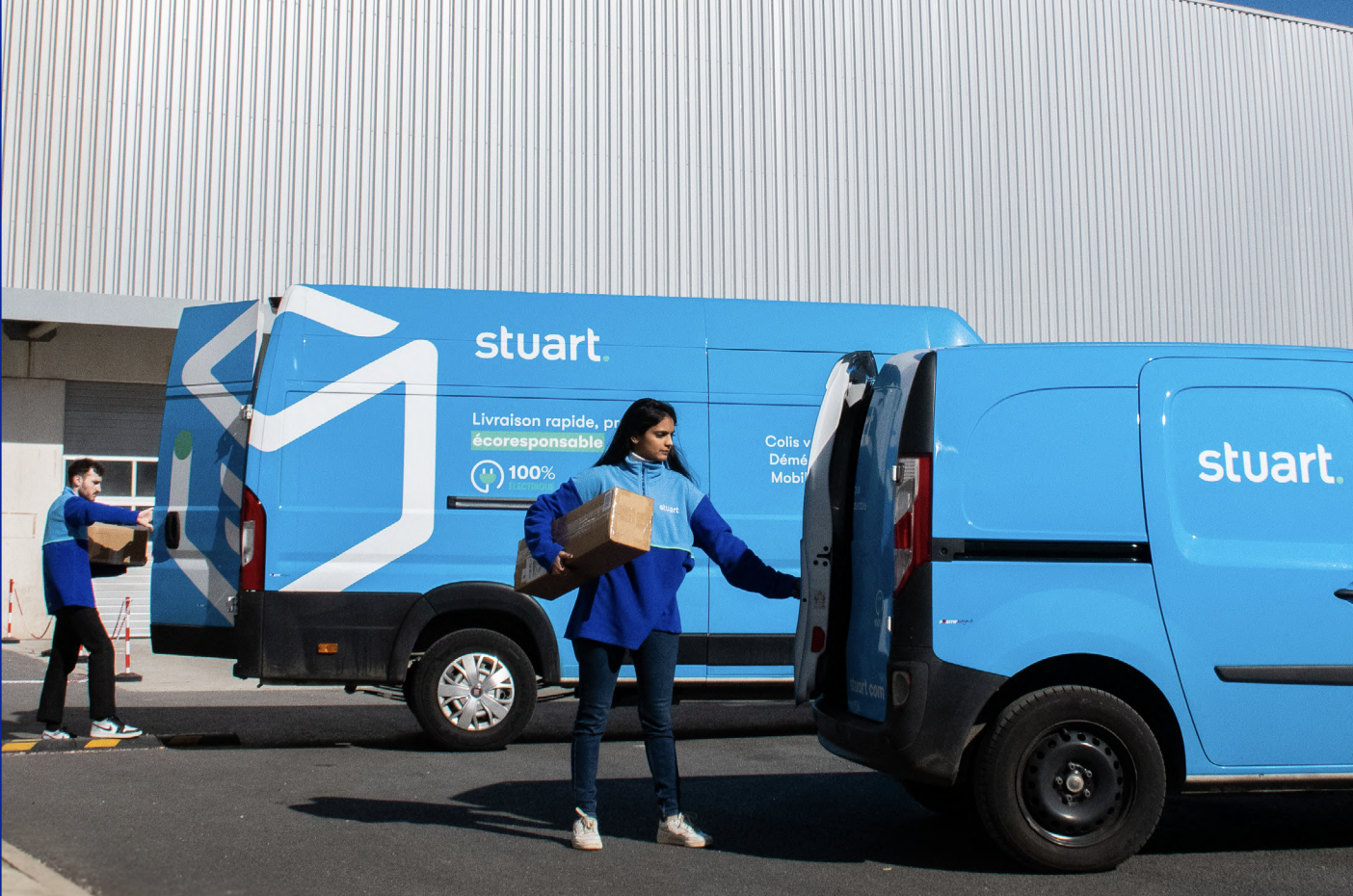Recent weeks have seen automation and robotics start-ups netting new funding from investors, in a sign that retailers may be embracing automation in the wake of the coronavirus disruption.
Locus Robotics, a warehouse robotics company which counts DHL and Boots amongst its customers, netted $40 million in its latest funding round. The funding round, led by funds Zebra Ventures and Scale Venture Partners, brings Locus Robotics’ total funding to over $105 million.
Logistics robotics company Geek+, which offers robots for services such as cleaning and goods-to-picking, announced last week (18 June) that it had netted $200 million in its most recent funding round.
This has come as major retailers have adopted the technology, with Superdry deploying robots in warehouses in Europe while Gap has introduced them in the US.
Nigel Lahiri, sales director for EMEA at GreyOrange, a robotics company which counts Zalando amongst its customers, says that the pandemic has “accelerated” adoption of robotics in the logistics space. He highlights predictions that ecommerce will come to take up 40% of total retail (in the US),
“Retailers understand that the acceleration [to ecommerce] is going to cause supply chain challenges.”
He cites the hugely higher returns rates in online retail compared to physical as well as the generally lower margins available in ecommerce.
Retailers’ appetite for large-scale capital investments may be dampened by uncertainty about the economy in the wake of the Covid-19 shut-down. This will mean that retailers may deploy robots on a service model, paying a monthly fee rather than gutting their warehouses and buying robots in bulk.
Mark Thomson, director of retail at Zebra Technologies, whose investment arm led the recent funding round into Locus Robotics, says: “Retailers don’t particularly want to own the hardware – why should they own robots? They want that service which robots are providing and the efficiency.”
“When you’re dealing with a service level agreement from the provider you have a much more regular and ongoing conversation rather than a sales or transactional one.”
He describes the adoption as an “evolutionary rather than revolutionary process”.
It’s difficult to justify a huge structural investment in CapEx to rekit out, redesign or invest in brand new ones.
With its investment in Locus, Zebra Ventures is backing the “cobot” model, where robots are installed alongside human workers.
He says that while robots lack the dexterity of humans and cannot easily take over the actual picking and packing process without significant investment, they can take over routine, labour-intensive tasks.
One of these, which Locus specialises in, is robots walking the items from storage over to where they are picked, consolidated and packed.
“This improves pick rate per hour without significant changes, making staff much more efficient.”
“Look at what you already have and look how you can optimise what is already in there,” is how Thomson summarises the approach.
Zebra Technologies itself launched its SmartSight solution in January, an automated unit which can move around stores and automate certain processes there, such as making sure products are in the right place and have labels.
The fact that Covid-19 has led to retailers needing to implement social distancing within warehouses only makes the investment case for robots stronger in Thomson’s view.
However, Thomson doesn’t expect human workforces to disappear – far from it.
“Staff are not going away – we’ve listened to a number of big retailers who say staff will become more expensive. They’ve actually increased the rates of pay because staff are critical to the customer experience. But they are not great at delivering customer experience if they’re doing these mundane, monotonous, labour-intensive tasks which you can do with automation.”
Considering the uncertain economic climate and retailers’ caution about new technology, we shouldn’t expect to see robots everywhere overnight. But as Thomson says, an evolution is taking place to a more hybrid model.
Image: Locus Robotics









